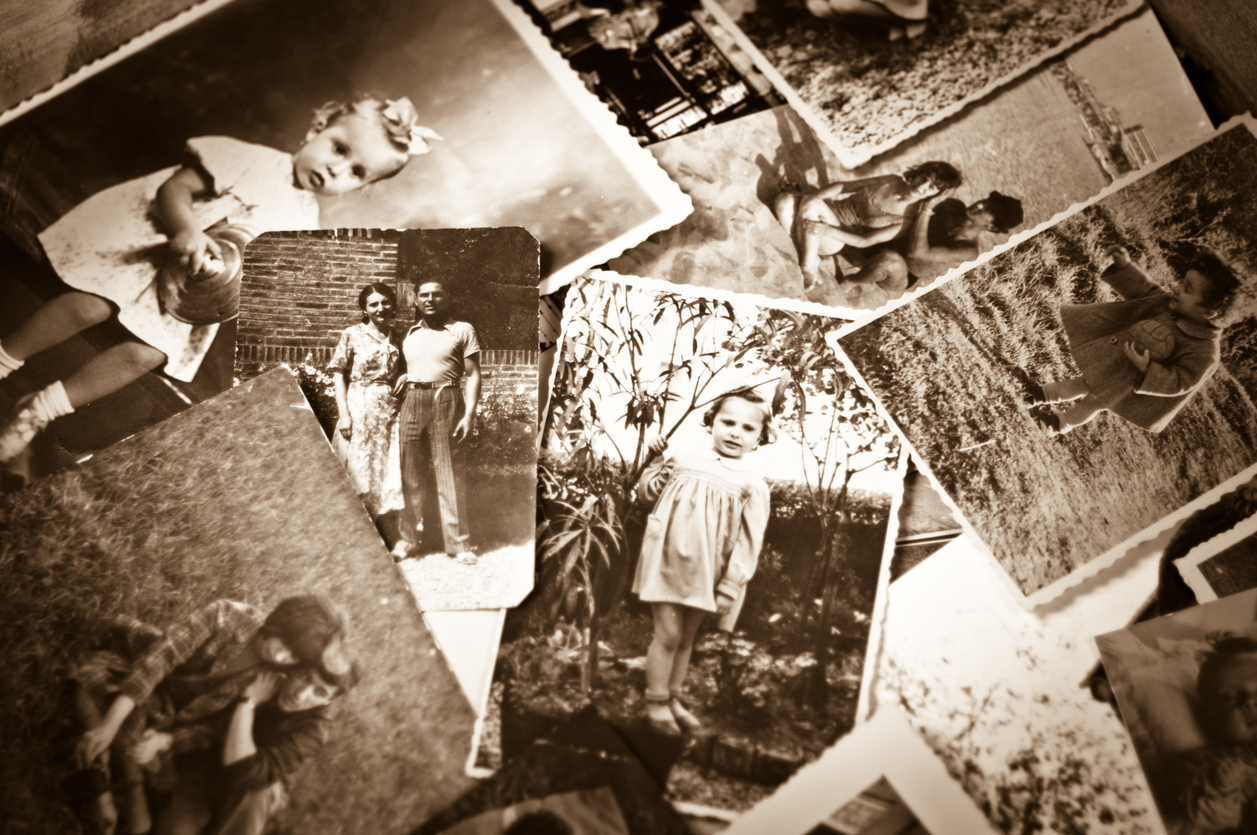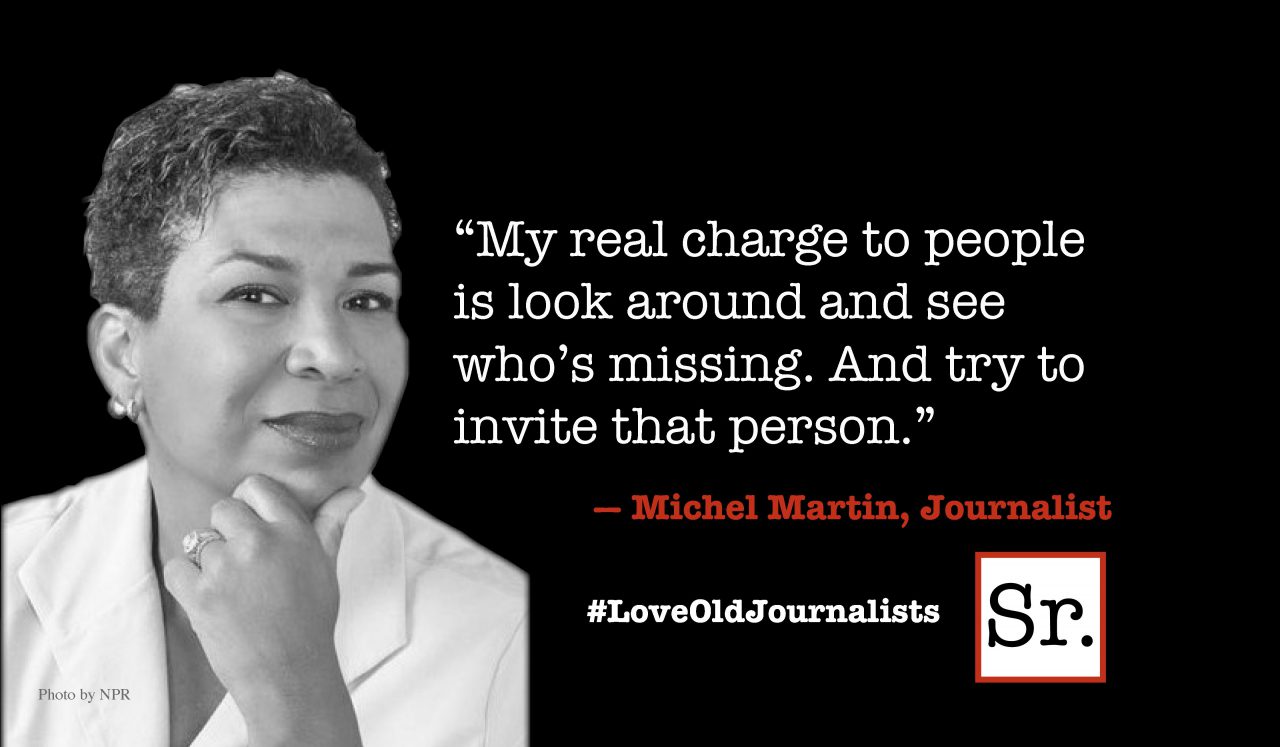When I first thought about World War II, I didn't think it had a real impact on me. Yet after further reflection, I realized the war effected me more profoundly than any other period of my life.
On December 7, 1941, I was sitting in the theatre in Worland, Wyo., with my sister, Edith, watching "Sgt. York," a movie about the most decorated serviceman in World War I when a murmur went over the audience: “The Japanese bombed Pearl Harbor.”
In 1941, our mother worked as the bookkeeper for the Ford Garage in Worland. Within less than a year’s time, the garage closed, as no new cars were being manufactured due to the war. Our mother and stepfather decided to move to Utah where they could find work. It was my senior year in high school, and I didn’t want to move, so plans were made for me to stay with my best friend’s family until I graduated.
Worland was an agricultural community. Sugar beets were one of the main crops, and the sugar beet factory was an important part of the town’s economy. Farmers brought their truckloads of sugar beets to the factory and dumped them. Soon there was a mountain of beets. At one time Worland had the largest sugar beet pile in the world.
In the fall of 1942, due to the war, the growers had no laborers to get the beets out of the field. Someone decided it would be a brilliant solution to let the high school seniors work in the fields and rescue the crop. School was closed for us September and October while we students saved the sugar beet crop.
First, a machine went through the fields and dug up the beets, throwing them to one side. Then, we came along with a large wicked-looking knife that had a hook on the end. We bent over, snagged a beet with the hook, grabbed it with our left hand, and whacked off the leaves with the knife held in our right hand. It was called “topping.” As far I remember, only one girl in our field hooked her leg instead of the beet.
My friend, Pearl Marie, was allowed to drive a tractor. Why I was standing on the back of it then, I do not know, but she suddenly shifted gears and I fell, my tailbone striking the tractor. In those days, we did not go the doctor unless we were bleeding profusely or had an obvious broken bone, so I didn’t go to the doctor. Everyone thought it was amusing because I couldn’t sit down, even to eat, and I had to sleep on my abdomen for a week because I was in such excruciating pain.
The seniors weren’t the only ones released in the beet fields. Italian prisoners of war held in Worland were sent to the other fields. I will always remember the hauntingly beautiful sound of their singing as they returned in the evening via truck to their barracks.
The sun was blazing hot in September when we first started, but by the end of October the ground began to freeze and the snow to fly, and so that ended the rescue of the beet crop. I often wondered if they made any money that fall, the poor farmers. We weren’t paid much, but I made enough to buy a snowsuit that I had long desired.
Christmas 1942 was coming and Mother wanted my sisters and me to come to Provo for the holiday. Travel at any time during the war was difficult, but at Christmas it was chaos. I was 17, traveling alone, and I found that chaos at the Greyhound bus station.
With my ticket in hand, I got into the ubiquitous line and attempted to board the bus bound south to Provo. Such shoving and pushing; when one bus was full another bus pulled up, and I finally got on the second one.
It was evening when I, at last, arrived in Provo. There was no one to meet me, and I felt both exhausted and abandoned. I must have been the picture of dejection because a soldier came up to me and asked if something was wrong. I told him my sad story, and he said his bus was coming in a few minutes, but he’d do what he could. After he made many phone calls trying to locate my mother, he had to leave, but he gave a taxi driver one dollar and asked him to help me. When we finally found where my mother lived, she said they had been meeting busses all day and eventually gave up. This is a special memory of mine and I’ve often thought of the kindness of that soldier and taxi driver.
In the spring of 1943, Edith, two friends and I were now living in the downstairs apartment of Mother’s home in Worland, as she had rented the upstairs when she moved to Utah. A freight train derailed in Worland, and a boxcar full of five-pound cans of Spam broke open, spilling the cans everywhere. The Spam had been headed for the Army somewhere, but Worland residents swarmed over the area and cleaned up the “free” meat. Meat being rationed, it was most welcome. A friend of mine gave us two cans of Spam. It proved very useful, as we four girls lived off of it for a month. Perhaps that explains why I’m not fond of Spam to this day.
Following my high school graduation, the fall of 1943, I traveled by Greyhound to the University of Wyoming in Laramie, where I enrolled in pre-nursing. There were few civilian men on campus, but over 1,000 ASTP (Army Specialized Training Program) and 100 Navy Air Corp V12 were stationed there going to school. It was a bonanza for dating — one could have a different date every day with a different guy, hypothetically. Then one evening the ASTP marched from the university to the train station to be sent where they were needed to fight the war, mainly in Italy at the time. I shall never forget the sound of all the marching feet. It was quite dramatic, as many of my sorority sisters wept because their beloveds were among those leaving.
At the end of the school year my older sister, Mary, and I headed for Seattle, where our mother and sister Edith were now living. We boarded a train late in the evening and found that there was a serviceman sprawled asleep in every seat. They refused to move so Mary and I could sit together, and instead insisted we each sat with one of them. Neither Mary nor I got any sleep that night, as we had to stay awake to protect ourselves from their advances. The young men were headed for Seattle to be sent into a war zone, and they wanted some female affection before they left. However, I wasn’t ready to be that affection.
The war also meant lines — lines in restaurants, lines in bus stations, lines in stores, and lines most every place. Whenever I saw a line in a store, I got into it, even if I didn’t know what was for sale. Sometimes the item ran out just before it got to me, and occasionally it just turned out to be nothing I wanted.
Then came that day when the war ended, August 14, 1945. I was on a city bus returning from the University of Washington (which I was now attending) and upon arriving downtown where I was to transfer buses, I was caught in the jubilant mass of humanity filling the streets in celebration. There were hundreds of civilians mingled with hundreds of servicemen — soldiers, sailors, and marines who were grabbing and kissing any girl they could get their hands on. It was a great time to be alive and to experience this overflowing joy and thanksgiving.









